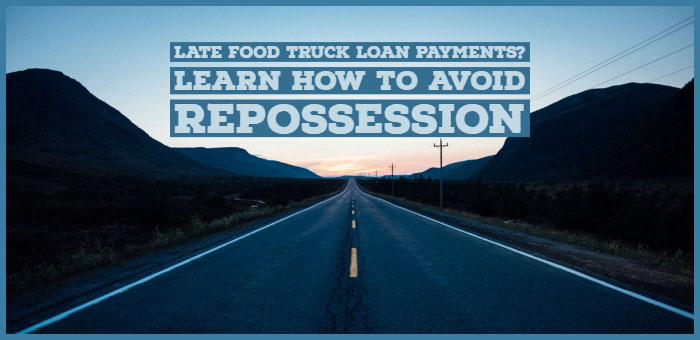Jumping into the mobile food industry without first understanding the financial realities and the effect it will have on your personal financial situation is a serious mistake. Too many food truck start-up owners I’ve spoken with haven’t taken the time to calculate the real financial impact before jumping in with both feet.
I think a lot of people mistakenly believe that when they start a food truck there will be money coming in right away. You can certainly hope there will be some revenue soon, but probably not enough to pay yourself.
The Financial Realities of Starting a Mobile Food Business
From a personal financial perspective, there are three major questions you need to ask yourself to understand the financial realities of starting a food truck.
How Much Can You Afford to Lose?
Some people are willing to gamble everything they’ve got to get their food vending business on the road. They are so committed to their concept and vision that nothing else matters. Reckless? Perhaps. There are many stories of people who were on the brink of bankruptcy and refused to give up their dream—but their persistence, determination, and passion paid off because they hung in there and were able to go the distance. Of course, there are even more stories in which the opposite is true.
Other potential food truck owners don’t want to risk any of their personal assets. Often, people tell me that they don’t have any money to start their business, or they simply don’t want to invest any of their own funds, so they want to know how to get a loan. Please Note: No lender is going to offer you a loan if you don’t have any skin in the game.
You’ve got to put your money on the line, too. Unfortunately, there’s no rule of thumb formula that suggests how much money you should invest in your new food truck business. That answer depends on your own circumstances. However, you should know that food trucks rarely get funded by using other people’s money. This is particularly true if you are a first-time vendor, without any record of success.
How Long Can You Survive?
In the early stages of most food trucks, most don’t generate enough money to pay the owner a salary. So part of your financial assessment you need to consider the likely loss of income.
Most experts recommend that you have at least six to twelve months of living expenses saved before you launch your mobile food business. If you have a spouse or significant other who can support you or share expenses for a while, that will certainly make the transition from employee to vendor easier. But it also means that whoever is going to cover the bills for a while needs to be as committed to your business success as you are. Set realistic expectations in terms of how long it may take before you can generate an income again. Keep in mind that it always takes longer than you think it will. Do a personal financial review and create a budget. Without your income, you may need to do some belt-tightening.
What If Your Food Truck Fails?
Yes, it’s important to always think positively about your food truck venture. The thing is, you also have to be realistic, by planning for the worst-case scenario. So what are you going to do if your food truck fails? You’ve lost both time and financial investment; can you live with the consequences?
Consider your age. How long do you have to rebound financially from a failed business? The younger you are, the better your chances are of recovering. Be very careful about using retirement savings for the initial capital your business needs, especially if you are over 40. Beyond a certain point, it becomes difficult to rebuild your retirement nest egg. Also, keep in mind the taxes and penalties that may be imposed should you decide to tap into those funds. I know that when you need money to get started it is tempting to dip into that pot, particularly when you are confident your business is going to be a success. But remember, the odds are not in your favor.
Your Personal Credit Rating
Although it isn’t easy to obtain financing for a food truck business, it isn’t impossible. However, if you are seeking funding to start your business, you have to make sure your personal credit is in good standing. Your personal credit rating will also be important for establishing credit with suppliers.
If you don’t know what your credit rating is, you can obtain one free credit report annually from each of the major credit rating agencies: Equifax, Experian, and TransUnion.
Once you receive your credit report, review it to make sure it’s accurate. If you find errors on the report, get them corrected. If you have a low score, now is the time to try to improve it.
RELATED: Fix Your Credit Before Applying For A Food Truck Loan
The Bottom Line
Becoming a food truck owner has its advantages and disadvantages, its risks, rewards and financial realities. You’ll face adverse situations caused by circumstances out of your control and overcoming these setbacks and keeping your mobile food business profitable will require long hours of hard work.
Now ignore everything else I’ve written up to this point, there is one thing I can assure you. From all of the vendors I have spoken with over the years, I have learned that starting and growing a mobile food business is one of the most rewarding experiences you’ll ever encounter. It’s your baby and when it works as planned nothing beats it.
Share any additional financial realities you have in the comment section or social media. Facebook | Twitter




